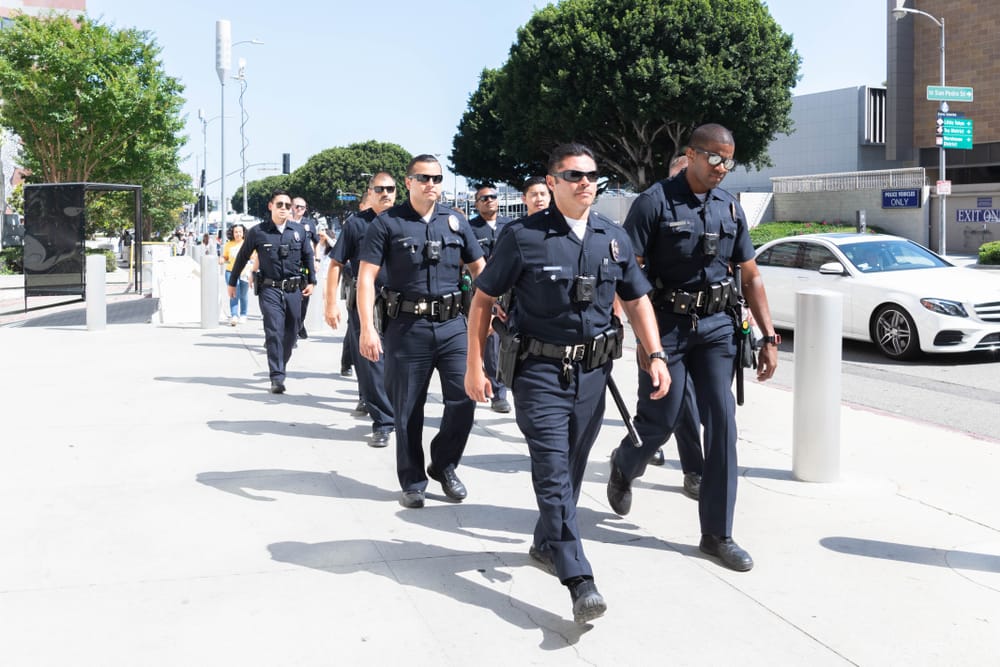
The 9th Circuit Court of Appeals in the case of Rios v. Lynch, — F.3d — (9th Cir. 2015) recently held that the Board of Immigration Appeals (“BIA”) erred in not considering an applicant’s claim that he would be persecuted on account of his family connections and thus did not fully consider the family as a social group.
In Rios v. Lynch, the applicant, Felix Flores Rios, is a citizen of Guatemala. After he was already in the United States, members of a Guatemalan gang killed his father outside of his father’s Evangelical Church. His cousin had witnessed the murder and had agreed to testify against the perpetrators. She was killed the day before the hearing. Mr. Flores-Rios’ sister began receiving death threats even though she did not witness the murder and did not agree to testify. She fled to the United States.
Mr. Flores Rios applied for asylum claiming that he feared persecution on the basis of his Evangelical religion because family members had been killed on that basis. He also claimed that he would be harmed based on familial affiliation.
The 9th Circuit upheld the decision made by the Immigration Judge (“IJ”) and the BIA that his asylum claim was time-barred because he failed to apply for asylum within one year of his date of entry into the United States. Nevertheless, the Court concluded that he could still apply for withholding of removal and considered the merits of his case for that form of relief.
The 9th Circuit upheld the decisions of the IJ and BIA that Mr. Rios-Flores had not established a nexus between the murders of his family members to their religious beliefs. The Court also upheld the conclusion of the IJ and BIA that, because Flores-Rios had never been threatened or harmed due to his religious affiliation and did not engage in proselytizing efforts, there was little likelihood that he would be persecuted as a result of his religious beliefs. Nevertheless, the analysis did not end there because the IJ and BIA had failed to consider whether Mr. Flores Rios had a fear of persecution based on his family ties.
Mr. Flores-Rios asserted that he is a member of a social group made up of his family and that he risks persecution by the gang because of its vendetta against his family. The Court found that the BIA did not address this social group claim and held that this failure constituted error and required remand.
The Court reviewed the law on how social group claims are analyzed and discussed one of the newest BIA cases on Social Group, Matter of M-E-V-G- 26 I &N Dec. 227 (BIA 2014). In that case the BIA held that recognition of a particular social group “is determined by the perception of the society in question, rather than by the perception of the persecutor.” Id. at 242. The BIA in E-M-V-G, created a new rubric for social group analysis. An applicant for withholding on the basis of membership in a particular social group must now show that the group is “(1) composed of members who share a common immutable characteristic, (2) defined with particularity, and (3) socially distinct within the society in question.” Id. at 237.
Comparing Matter of E-M-V-G to 9th Circuit cases on social group, the Court noted in Mr. Flores-Rios’ case that “family” is still the quintessential particular social group. Citing to one of their earlier cases, the Court mentioned that in Thomas v. Gonzales, 409 F.3d 1177 (9th Cir. 2005) (en banc), vacated on other grounds, Gonzales v. Thomas, 547 U.S. 183 (2006), they held “that family membership may constitute membership in a `particular social group,’ and thus confer refugee status on a family member who has been persecuted or who has a well-founded fear of future persecution on account of that familial relationship.” They also recognized that persecutors are more likely to identify individual family members as part of a particular social group when familial ties are “linked to race, religion, or political affiliation.” Id. at 1188.
Turning again to the facts in Mr. Flores-Rios’ case the Court determined that due to the evidence that gang members killed Flores-Rios’s father, murdered his cousin and threatened his sister, the BIA erred in not addressing the family aspect of Flores-Rios’s social group claim.
This is an important case because it firmly establishes that the IJ must consider how the social group is perceived by society, not by the persecutor and reminds IJs that family as social group must be considered as a separate basis for asylum eligibility. It also affirms that, at least in the 9th Circuit, a family social group claim does not need to be intertwined with another protected asylum ground in order to be considered as a basis for claiming asylum, although it is certainly helpful.

Know Your Rights
We are receiving many calls from frightened people due to the rhetoric they are hearing from President Trump and members of his Cabinet. Everyone is scared, even those people who have legal status. Rumors are flying around of ICE raids, numerous arrests, and mass deportations. More now than ever, it




